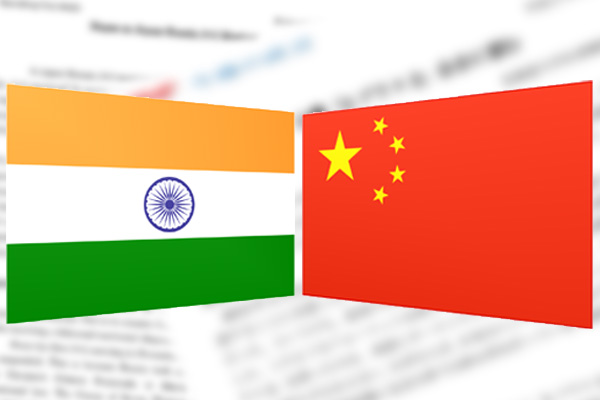The Indian government of Prime Minister Narendra Modi has advanced to the second term following the ruling Bharatiya Janata (Indian People’s) Party’s clear victory in the general election. Its foreign policy is expected to remain basically unchanged from that of the first term. Particularly, however, its relationship with China is attracting attention. The BJP, which won the election under the slogan of a “Strong India,” mentions China only once in its manifesto and it calls for promoting India-China-Russia trilateral cooperation as well as India-Japan-U.S. cooperation.
Reasons for improved relations with China
India has several reasons to move to improve relations with China. The first is India’s strong economic tie with China. India-China trade hovers around $80 billion, more than five times as much as Japan-India trade. One of every two smartphones sold in India is of a Chinese brand. Not a few people predict the Indian government will not ban Huawei Technologies products for its 5G next-generation telecommunications network.
Second, there is a big gap in national power between China and India. At present, China’s gross domestic product is five times as much as India’s. India’s military power is far below China’s. As of right now, India has no chance to win against China.
Third, China can use its position as a permanent member of the United Nations Security Council for dealing with India. India must win China’s approval on its ambition to become a permanent UNSC member. China has blocked until fairly recently the United Nations from designating Pakistani Masood Azhar as terrorist whose group Jaish-e-Mohammed conducted a bombing attack in India’s Jammu Kashmir State in February. China has also thwarted India’s accession to the Nuclear Suppliers Group. India cannot benefit from irritating China unnecessarily.
Fourth, playing up the improvement of relations with China can contribute to jabbing at the U.S. Trump administration that confronts with China. India can benefit from an omni-directional foreign policy.
India keeping China in check
India has adopted a carrot-and-stick approach to China. While demonstrating a negative attitude on Australia’s participation in U.S.-India-Japan joint military exercises that China is reluctant to see, India has agreed with the United States and Japan to hold “2 plus 2” bilateral meetings of foreign and defense ministers and increased defense spending substantially. While participating in the China-led Asian Infrastructure Investment Bank, India has refrained from supporting China’s Belt and Road Initiative that lacks transparency. India has put a lot of effort to develop northeastern states bordering China, completing an airport in Sikkim and a bridge in Assam recently. Everyone knows that India is constructing infrastructure available for military use in preparation for contingencies, although the Indian government has never officially mentioned such purpose.
Prime Minister Modi has attracted attention by naming former Foreign Secretary S. Jaishankar as his new foreign minister. Modi has had great confidence in the career diplomat who demonstrated his excellent skills as foreign secretary during the first term of the Modi government by avoiding a military conflict with China and strengthening relations with the United States, Japan and the Middle East countries. We should pay attention to Indian and Chinese moves as the two countries prepare for a bilateral summit scheduled to take place in India’s Varanasi on October 11.
Masanori Kondo is a Planning Committee member at the Japan Institute for National Fundamentals and a senior associate professor at International Christian University. He is specialized in India.


